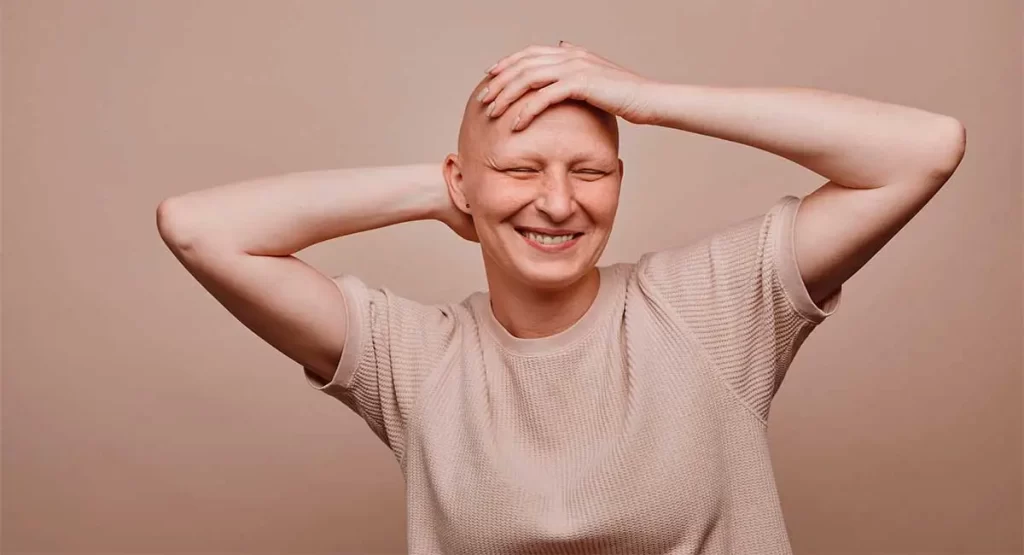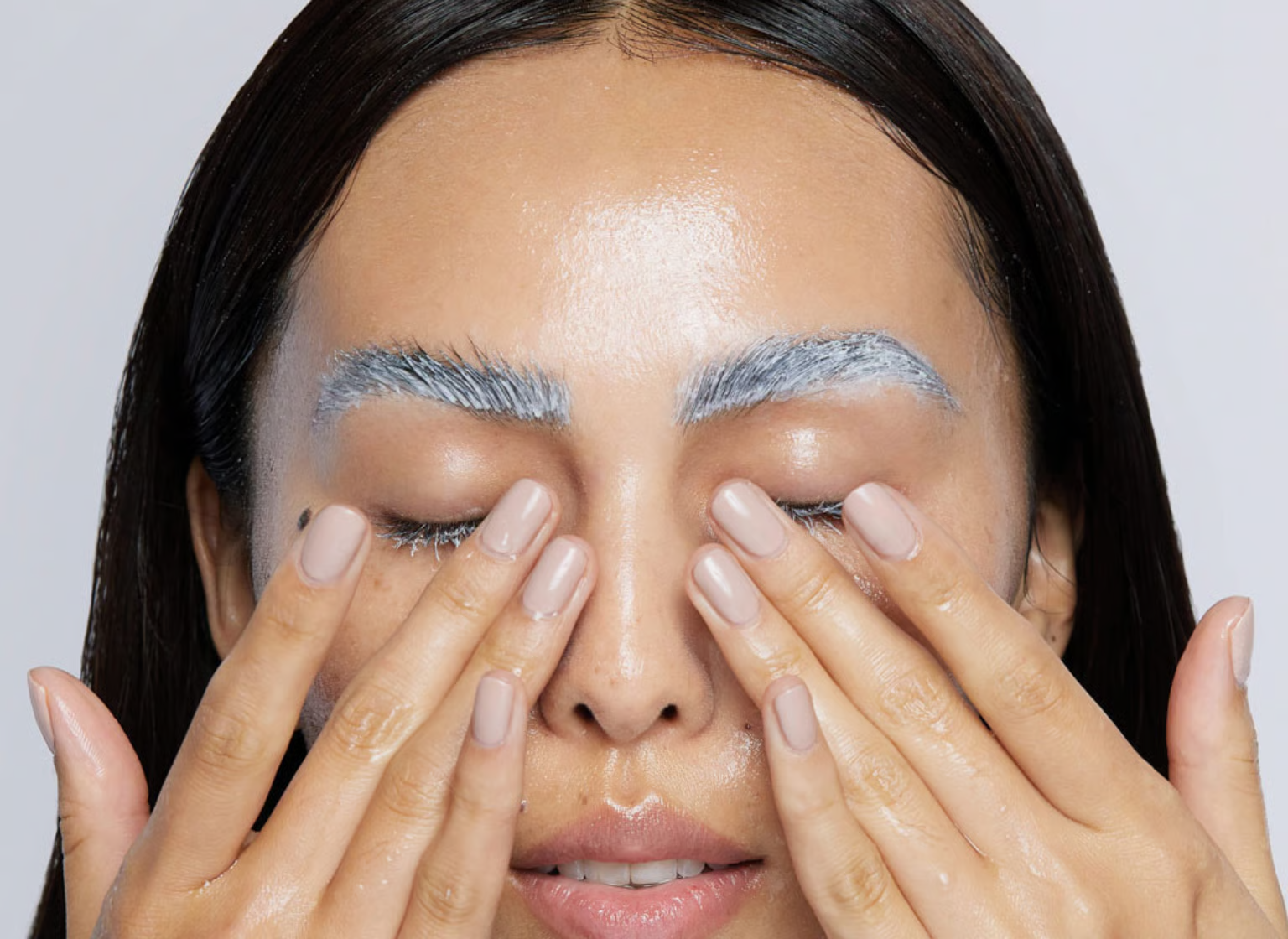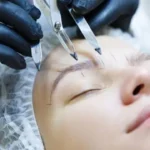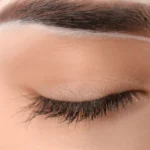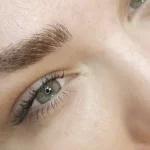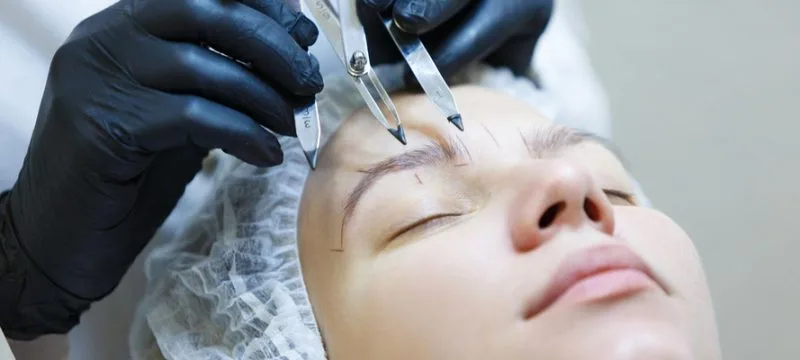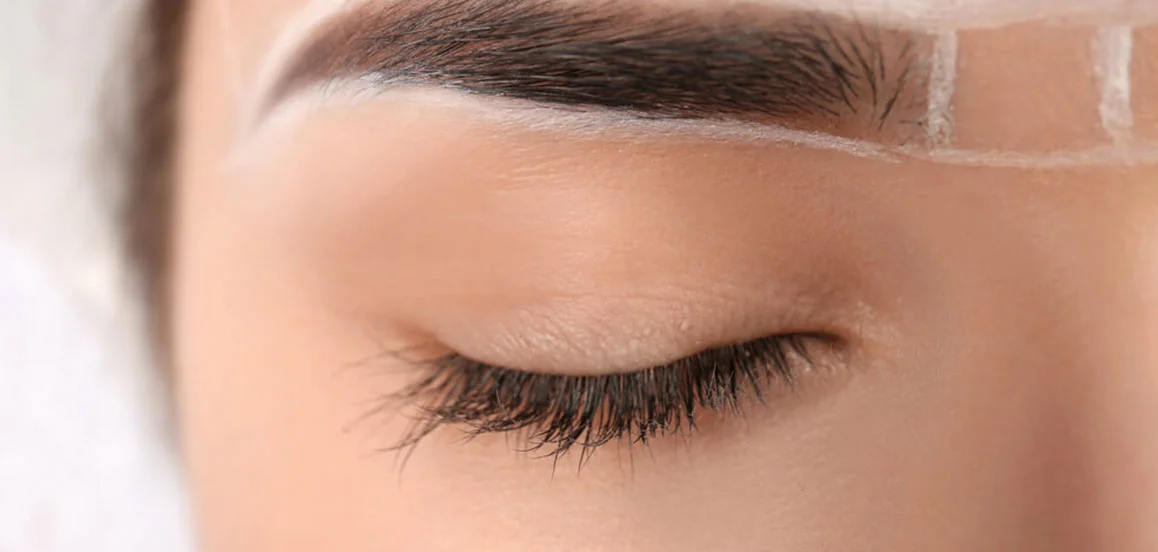Table of Contents
ToggleAt Kopelman Hair, we help people understand and treat hair loss problems like alopecia areata universalis. This rare condition causes complete hair loss all over the body. Our team offers expert care and personal guidance.
Key Takeaways
- Alopecia areata universalis causes full hair loss on the scalp, face, and body.
- Getting the right diagnosis and plan from a specialist like Dr. Kopelman is key.
- Some treatments, like JAK inhibitors and immunotherapy, may help regrow hair.
- Support and daily care improve well-being alongside medical treatment.
What Is Alopecia Areata Universalis?
Alopecia areata universalis is a serious form of autoimmune hair loss. It causes full hair loss across the scalp, face, and body. Unlike mild forms, it affects all hair, including eyebrows and body hair. This condition is also called universal alopecia or alopecia on the whole body.
The immune system mistakenly attacks hair follicles. This stops hair from growing. The condition is not dangerous, but it can affect how people feel. Learning about it helps with treatment and support. It is one form of alopecia areata and falls under autoimmune diseases that cause the body to attack itself.
Understanding the Full Spectrum of Autoimmune Hair Loss
Alopecia areata comes in different levels. They range from mild to complete hair loss.
- Alopecia Areata – Small bald spots on the scalp
- Alopecia Totalis – All scalp hair is gone
- Alopecia Universalis – No hair anywhere on the body
Each type of alopecia areata has different patterns. Early care may help reduce the severity. Alopecia universalis is the most serious type of alopecia areata.
Symptoms and Progression
Alopecia areata universalis often starts with patchy scalp loss and spreads fast. It does not usually cause pain.
Common signs:
- Smooth bald patches that grow larger
- Loss of facial and body hair
- Complete hair loss, or alopecia on the full body
- Nails with pits or ridges
This patchy hair loss can be upsetting. Symptoms vary by person. Early doctor visits can help manage the condition.
Causes and Risk Factors
The main cause is a problem with the immune system. Genes often play a role. Many patients have a family member with a related condition.
Other possible causes:
- Diseases like thyroid disease or vitiligo
- Stressful events
- Germs or environmental triggers
- Genetic factors that affect the immune system
This autoimmune condition can occur in conjunction with other immune system disorders. The immune response may be triggered by unknown factors.
The condition typically begins before the age of 40. Knowing the risks helps with better care.
Alopecia Universalis vs Totalis
Both forms cause significant hair loss, but universalis affects more areas.
Key differences:
- Alopecia totalis – Only scalp hair is gone
- Alopecia universalis – No hair on the scalp, face, or body
Totalis can become universalis. Knowing the difference helps plan treatment.
Table: Alopecia Totalis vs. Universalis
Doctors begin with a physical exam and health questions. Tests help confirm the diagnosis.
Tests may include:
- Medical and family history
- Blood testing for immune issues
- Scalp sample to look for inflammation
- Thyroid tests or other blood work
Dr. Kopelman, with over 40 years of experience, provides expert care and diagnosis.
Emerging Research and Clinical Advances
New drugs, such as JAK inhibitors (like tofacitinib), are showing promise. Some patients experience hair growth after a few months, although results vary.
Other studies are looking into drugs that target the immune system. Patients may join clinical trials through ClinicalTrials.gov.
Treatment and Cure Options
There is no full cure for alopecia universalis. But some treatments may help reduce symptoms or support regrowth.
Possible treatments:
- Steroid creams or shots
- JAK inhibitors
- Minoxidil
- Light or laser therapy
- Counseling or support groups
At Kopelman Hair, each treatment plan is tailored to the patient’s specific needs, helping individuals with alopecia areata manage their condition more effectively.
Comparing Treatment Options:
- JAK Inhibitors: May regrow hair; need close medical follow-up
- Corticosteroids: Easy to use; may not work on universalis
- Topical Immunotherapy: Can help; may cause redness
- Minoxidil: Works best with other treatments
A good treatment plan depends on your condition and goals.
What the Research Says About Regrowth
Success rates vary. Some people grow back hair using JAK inhibitors. Others need more time or new treatments.
Factors that affect regrowth:
- How long you’ve had hair loss
- Other autoimmune issues
- Sticking to the treatment plan
Many people with alopecia areata see hair growth with expert care and patience.
Hair Regrowth Outlook and Success Stories
Some people regrow hair on their own. Others do well with treatments.
Helpful factors:
- Finding the problem early
- A strong immune system
- Using the right treatments
At Kopelman Hair, we’ve seen patients regain hair and feel more confident.
Long-Term Management Tips for Alopecia Universalis
Daily habits can support your care:
- Keep regular doctor visits
- Wear sunscreen on bare skin
- Try wigs or brow makeup if you like
- Track how your hair changes
- Take care of your mental health
These steps add to medical treatment.
Emotional Support and Living with Confidence
Alopecia can affect how people feel. Emotional care is just as important as medical care.
Ways to feel better:
- Talk to a counselor
- Join a support group
- Use makeup or other aids
- Stay informed and involved
Dr. Kopelman’s team helps with both the physical and emotional sides of this condition.
Support Organizations and Resources
Groups and websites can offer help:
- National Alopecia Areata Foundation (NAAF)
- Alopecia UK
- The Bald Truth Radio Show
- Support groups on Reddit and Facebook
Trusted Sites
Check these for more info:
- NAAF – Tips and tools for patients
- AAD – Find a skin doctor and learn more
- ClinicalTrials.gov – See current research studies
Frequently Asked Questions About Alopecia Universalis
If you or a loved one is experiencing signs of alopecia areata universalis, we invite you to schedule a consultation with Dr. Kopelman. Our team at Kopelman Hair is here to guide you with expert care and personalized solutions.


